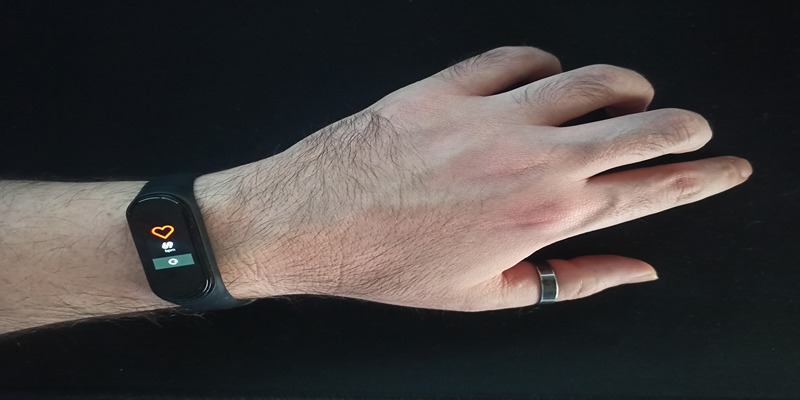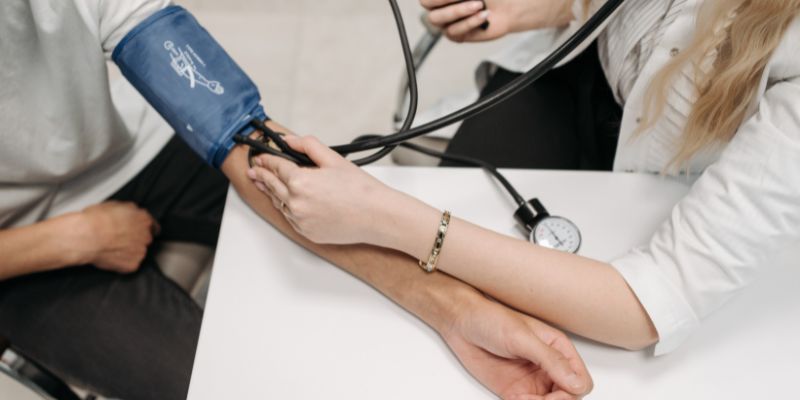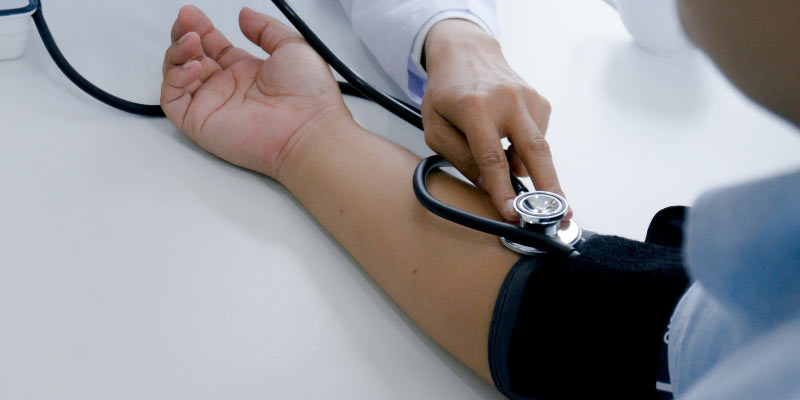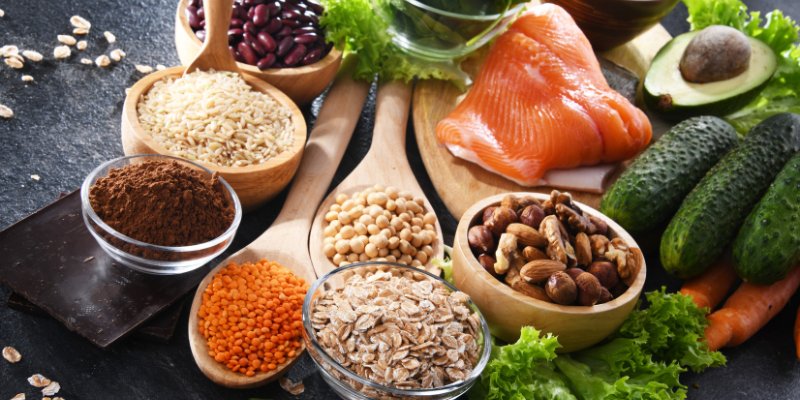If your doctor has told you you have high blood pressure, they have likely suggested that you alter your diet and start exercising. Your blood pressure can be lowered naturally by eating a diet high in nutrients but low in salt. When we consume these nutrients in their entire food form instead of in supplement form, our bodies are better equipped to use them.
In several instances, isolating a single beneficial ingredient, such as vitamin C or vitamin E, omega-3 fatty acids, and administering it as a concentrated tablet has proved useless or ineffective as the natural foods themselves.
High blood pressure may be avoided by eating a variety of proteins, including those from plants and animals. Hypertension is a serious health risk that should not be ignored. Unfortunately, many people do not know they have this ailment since the symptoms are so subtle.
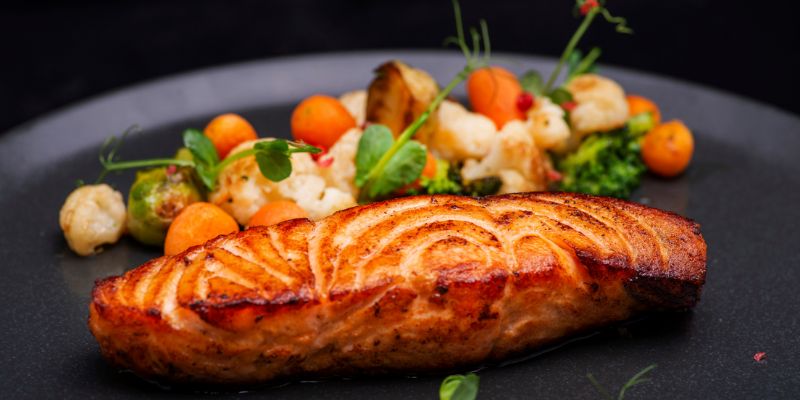
Diet And Hypertension
Modifying your diet is a tried and true method for managing hypertension. You can reduce your cardiovascular disease and stroke risk by making these changes and losing weight. A dietitian can help you plan nutritious meals, and your doctor can refer you to one.
Inquire as to your desired blood pressure level. Risk factors and existing health conditions will inform your own goal. Dietary Approaches to Stop high blood pressure is a low-sodium eating plan that reduces hypertension.
Sometimes, the reduction in blood pressure occurs within a few weeks after starting treatment. There is a lack of vital minerals and fiber in this diet. Foods with decreased sodium (less salt) and increased potassium, calcium, and magnesium content are included.
Using A Variety Of Protein Foods
In previous studies, poor dietary quality has been linked to increased cardiovascular disease and mortality risks. People should focus on getting their protein from plant-based foods, seafood, low- or fat-free dairy products, and lean cuts of unprocessed poultry and meat.
They also suggest consuming 1.5–2 servings, or 3.5–5.5 ounces, of protein per day. The study examined data from around 12,000 Chinese individuals who participated in at least two of the seven waves of China Health conducted every two to four years from 1997 to 2015. Researchers compared responses from the most recent poll to those from the first to establish a standard of comparison.
Impacts for Hypertension
Participants were considered to have developed hypertension for the first time if they had a systolic blood pressure with a 140 mm Hg reading and a diastolic blood pressure reading of 90 mm Hg since their last survey visit. They were either taking blood pressure medication or had been diagnosed with high blood pressure. Six years was the mean duration of the follow-up period.
- Participants who consumed the most protein (score of four or more) had a 66% lower risk of getting hypertension than those who consumed the least protein (score of two or less).
- During the study, more than 35% of almost 12,200 individuals were diagnosed with high blood pressure for the first time.
- Protein consumption was examined holistically by dividing it into five groups (quintiles) ranging from lowest to highest consumption. The risk of developing hypertension was highest among individuals who consumed the fewest and the greatest amounts of protein, respectively.
- A range of protein intake associated with a reduced risk of hypertension varied across the eight protein categories studied. According to the studies, this is the optimal consumption rate.
Best Protein For High Blood Pressure
Fish
Some types of fish provide omega-3 fats, which some study suggests may benefit heart health and lean protein, making them a good choice for a healthy diet. Vitamin D may be abundant in some fish, such as trout. Vitamin D is essential for health, yet most people don't receive enough of it in their diets.
Preparing a fresh fish fillet requires nothing in the way of effort. Keep the sodium content down by baking or grilling it with olive oil, cracked black pepper, and a pinch of salt for a few minutes.
Lima Beans
Lima beans, like other beans, are abundant in fiber and protein. But they also have a special benefit for those trying to reduce their blood pressure: they contain more potassium than other beans, making them a smart addition to a diet targeting hypertension.
To prepare lima beans for eating, boil them in water until soft, then mix with vegetables and low-sodium broth to make a satisfying soup, or eat them cold after marinating in a tangy, low-sodium vinaigrette dressing.
Potatoes
The humble Idaho potato has a poor name, but it's a good source of potassium and can help reduce blood pressure if cooked correctly. Potatoes are low in salt, high in fiber, and devoid of fat and cholesterol, among other health benefits.
For a healthy and satisfying entrée or side dish, try slicing a baked potato in half and topping it with your favorite herb mixture, a dollop of low-fat or fat-free sour cream or plain Greek yogurt, and some chopped chives.
Seasonings Without Salt
You may reduce the salt you use by adding spices to your diet. The spice mixes sold in supermarkets may enhance the flavor of your food, but they aren't always low in salt. To help reduce blood pressure, prepare your seasoning by combining salt-free herbs and spices, either fresh or dried.
Season whole-wheat spaghetti with dried Italian herbs like rosemary, oregano, and thyme. If you're watching your salt intake, skip the "salt" versions of items like garlic and onion salt and go for the "powder" versions instead.
Yogurt
One-third of an adult's daily calcium needs may be met by eating only one serving of plain, low-fat yogurt (an 8-ounce container) containing 415 milligrams (mg). A lack of calcium in the diet may have a role in the development of hypertension. Many adults stop prioritizing calcium-rich diets because they believe minerals are only important for growing bodies.
Yogurt is a low-sodium item that tastes excellent eaten straight from the container, and it also makes a terrific creamy addition to a smoothie when blended with your favorite fruit. When buying yogurt, opt for the basic, unsweetened kind. Plain Greek yogurt without added sugar is another excellent option for sour cream.
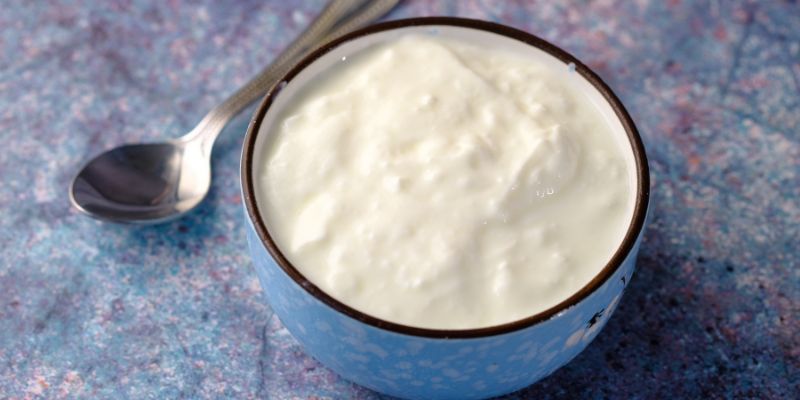
Conclusion:
Eating well and adopting other healthy habits can lower your risk of cardiovascular disease. Some foods discussed here may help lower blood pressure or keep it healthy. Changing your diet drastically without consulting a medical professional or dietician is not recommended.
